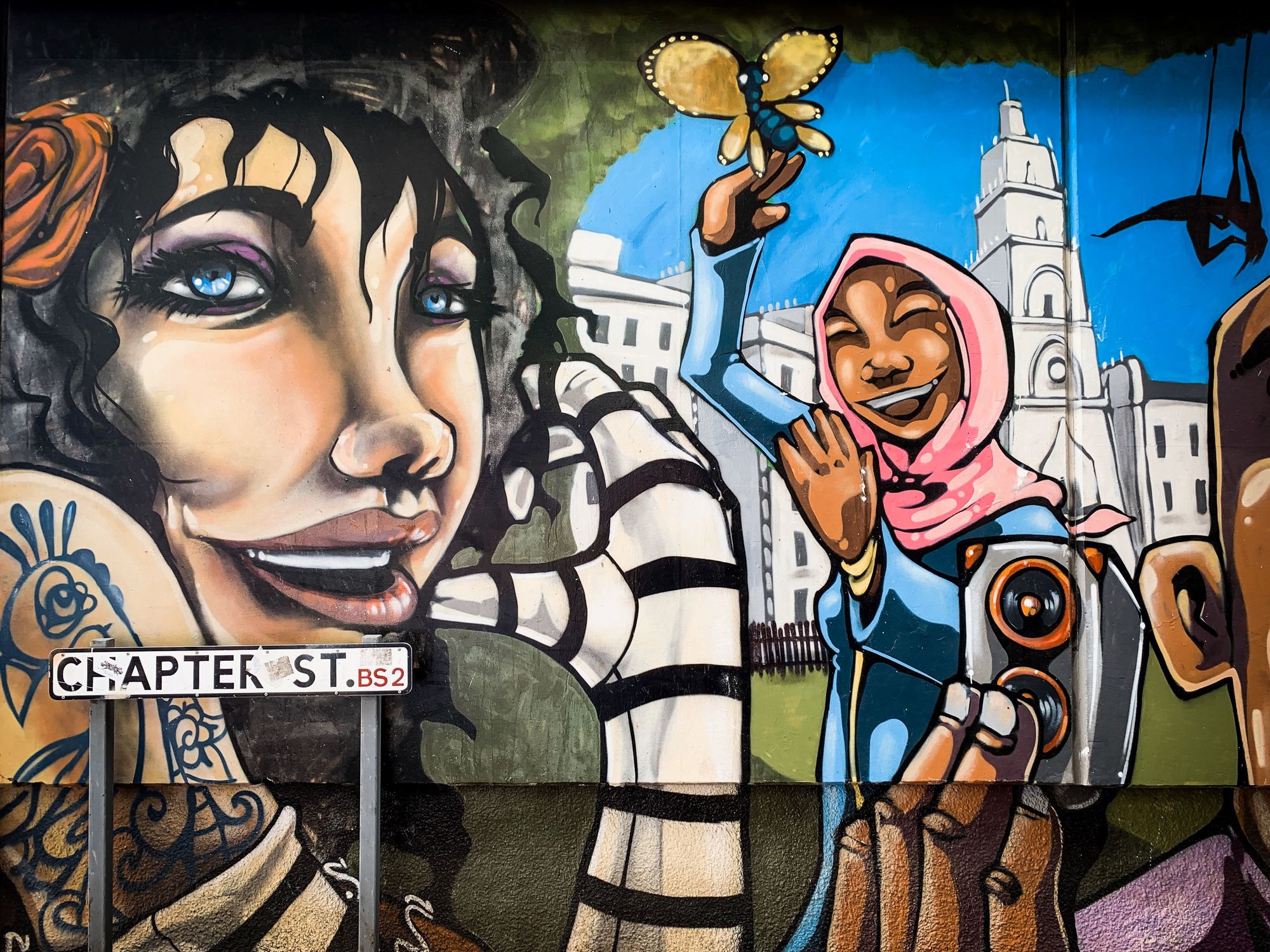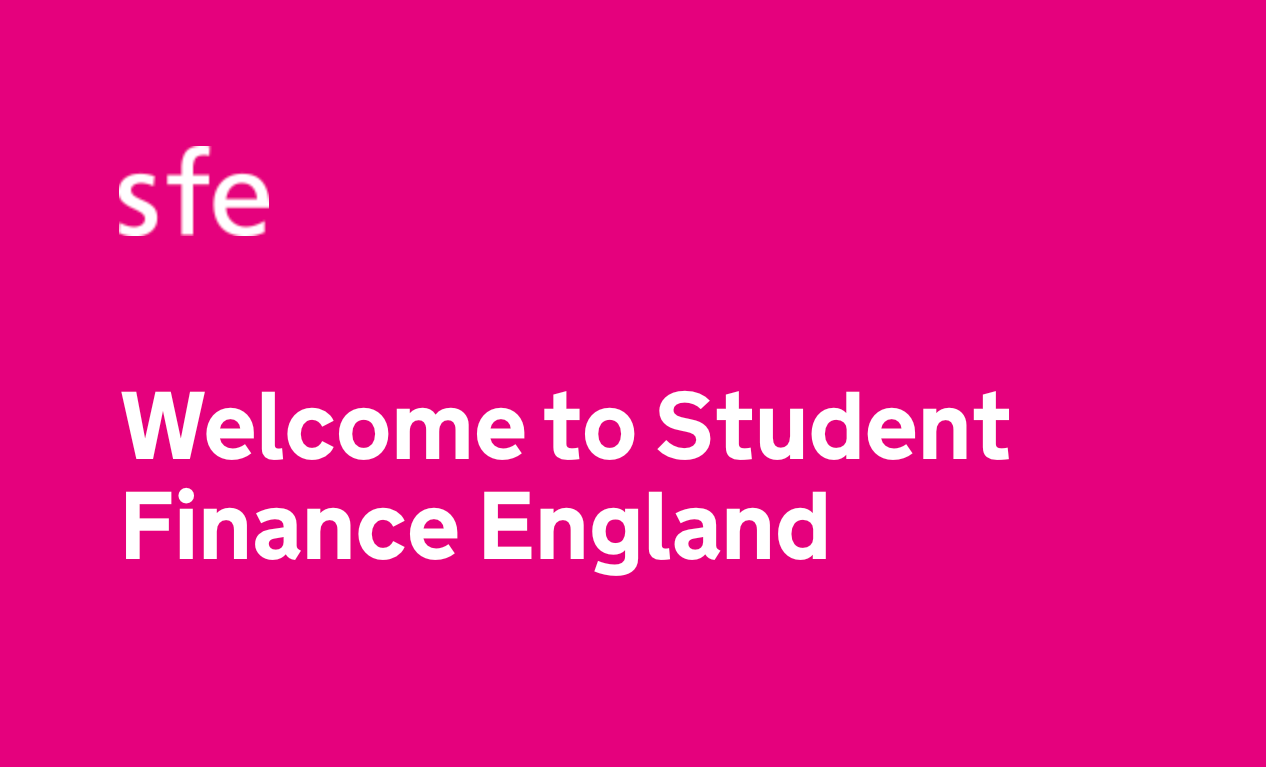By Jess Cohen, Second-year, Sociology
As the largest city in South West England, Bristol is an exceptionally vibrant metropolis. Home to people from more than 180 countries, practising approximately 45 religions and speaking at least 90 languages in total, its population is undeniably diverse and rich in culture. Within the University of Bristol itself, there are over 50 cultural and religious societies, showcasing a similar diversity of peoples and cultures that are represented across the city.
However, while there may be an assortment of students and staff from different ethnic and religious backgrounds here at the University of Bristol, is the university really doing enough to diversify the student body and ensure that it is inclusive?
According to research carried out by the university, of its 2022 intake, 20.8 per cent of Home undergraduate students were from Black, Asian or Minority Ethnic backgrounds, up from 14.5 per cent in 2016.
Of this cohort, 9.1 per cent of students were Asian, 2.8 per cent of students were Black, and 7.5 per cent of students were from mixed ethnic backgrounds.
While in the past five years the University of Bristol has seen significant increases in applications, offers and enrolments from students of ethnic minority backgrounds, according to Higher Education Student Statistics UK (HESA), students of white ethnic backgrounds still accounted for 73 per cent of all UK domiciled enrolments in 2020/21.
The Black, Asian & Minority Ethnic Student Experience Research Report (2021), recorded that ethnic minority students at the University of Bristol generally felt that it was ‘Less diverse than they had expected’ meaning they had to ‘Look harder to find others that looked like them.’
Epigram spoke to a third-year Chemistry student who explained that ‘Whilst Bristol prides itself as being a really diverse city, the university itself does not reflect this. It was definitely a shock coming from quite a religious and cultural family.’
The lack of ethnic-minority representation may lead to feelings of invisibility or isolation for students, which might explain that while university withdrawal is a global phenomenon, ethnic-minority students are more likely to withdraw from their undergraduate degrees in the UK.
However, not only are ethnic minority students underrepresented at the University of Bristol, but the issue is compounded further by the lack of diversity among staff. Figures published by HESA show that in 2020/21, only 160 of the 22,855 professors at UK universities were black.
‘The university isn't yet as diverse as we want it to be'
Professor Stephen Gorad explains that the lack of diversity among teachers, lecturers and professors can affect ethnic minority students’ ‘happiness, expectations and aspirations.’ This is reflected in Collins and Kritsnonis’ 2006 report, where they stated: ‘Students can find security in knowing that there is someone on their campus that has their best interest in mind, that is looking out for them, and most importantly, someone who understands their culture.’
In the past few years, The University of Bristol has put various innovative schemes and programmes in place to ensure the diversity of its student body, to improve student experiences and to celebrate the success of students from ethnic-minority backgrounds.
Lucy Collins is the Director of Student Opportunity at The University of Bristol. Speaking to Epigram, Lucy emphasised that ‘The university isn't yet as diverse as we want it to be. We're absolutely driven to make it as socially diverse and inclusive as it possibly can be.’
Lucy explained that the recruitment of students from ethnic-minority backgrounds is a key priority. She went on to say: ‘It is essential that all students’ identities and experiences are valued equally and reflected in diverse learning communities.’
Lucy touched on the work that is being done to ensure Black students have an immediate social network once they arrive at the university: 'We've set up an initiative called the 'Class-of', which brings together Black students who have accepted an offer [from the university] and puts them in touch with one another so they build a cohort identity before they start in September [...] we don't want a situation where anyone feels isolated.’ Lucy emphasised that 'We are recruiting more Black students than we did in the past, but not yet as many as we would like.’

Next Step Bristol is a programme for Year 13 students from Black or Asian backgrounds that offers advice, information and support during their transition to becoming students at the University of Bristol. The programme incorporates student panels, transparent conversations about the lived experiences of ethnic-minority students at Bristol, academic taster sessions and student-led society events.
As well as this, The Be More Empowered (BME) programme that launched in 2019 offers support for Black, Asian and Minority Ethnic undergraduate students during their time at university.
The programme focuses on three key areas: reviewing, belonging and events. The reviewing team aim to support the university by revising the curriculum to make it more inclusive, the belonging team help establish a greater sense of solidarity through community-oriented initiatives, and the events team organise informative and engaging events for students throughout the year.
In order to increase the proportion of students from ethnic-minority backgrounds selecting the University of Bristol as their first choice, a contextual offer scheme has also been established. Data shows that once here, students who receive contextual offers achieve above average academically.
'The University of Bristol must ensure that students of all backgrounds are being welcomed, valued and equitably treated as individuals'
Lucy went on to explain that the university is ‘putting a real emphasis on the student experience because in order to recruit the next generation of more diverse students, we have to absolutely legitimately say that their experience will be a really positive one [...] it’s not just about recruiting students from diverse backgrounds [but] how those experiences are reflected in our residences, in the work of the Students Union, in what’s taught on our programmes.’
Whether it be UoB African Caribbean Society (ACS), Arab Society, Asian Society, BAME in Finance Society, or BanglaSoc (to name a few), societies play an essential role in combating feelings of isolation and cultivating a sense of community at university. Dedicated to fostering supportive environments through engaging social events, these societies also bring attention to important topics that are occurring in students’ wider ethnic communities worldwide.
To continue promoting diversity and inclusion on campus, the University of Bristol must ensure that students of all backgrounds are being welcomed, valued and equitably treated as individuals. Being truthful and realistic is a vital part of this process and requires owning both ignorance and privilege.
Fear and isolation: How Iranian students experienced last year’s anti-veil protests from afar
What is your degree worth? | Scrutinising Sunak's crackdown on 'Rip-off degrees'
Additionally, while it is important to welcome students of all ethnic backgrounds, it is equally important that once students arrive at the university, they are able to seek support from people who understand their lived experiences.
It is also essential that university staff and students are equipped with knowledge and skills about diversity so that they can help cultivate a safe and welcoming environment where tolerance and inclusion are a priority.
Featured Image: Dan Hutton / Epigram
Do you think the university is doing enough to improve diversity on campus?






